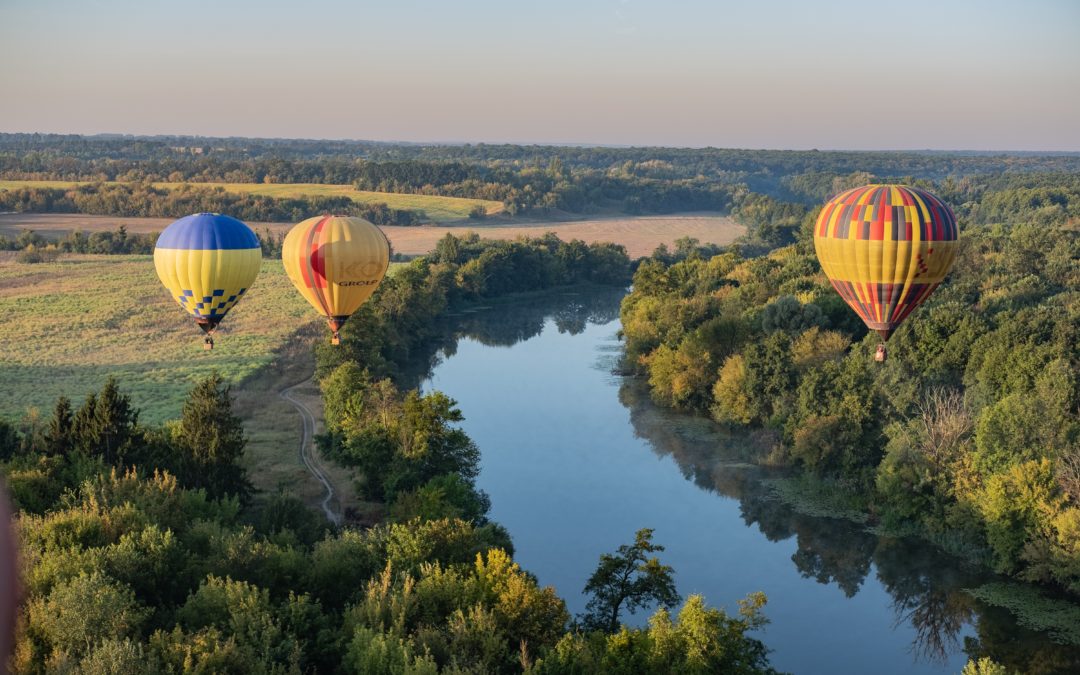For anyone under the age of 75 or so, the pandemic is perhaps the biggest story of our lifetime. For many journalists, this fast moving, unprecedented event has probably been professionally exciting and rewarding. But, across all walks of life the pandemic has affected people very differently; in relative terms there have been winners and losers. Sectors such as hospitality, travel and retail have faced hugely challenging times and this has extended to the business publications covering those sectors.
I spoke to James Stagg, editor of The Caterer, the UK’s leading hospitality title, to ask him what the last 16 months have been like for him and reporters and what he thinks the future holds for his readers?
The pandemic has been unnerving for everyone and while there have been tough times, it’s also been great to cover such a huge story which is essentially a human story, not a traditional one. From a story wise point of view, it’s been exceptionally interesting.
To be able to write insightful pieces, it’s crucial to be able to speak to people who are caught up in the heart of the story and so setting up interviews and getting comment has actually been easier during the lockdowns than in pre-Covid times because operators were at home and unable to work.
At the same time, it’s been difficult to distance oneself from the stories, some of which have been heart breaking to listen to. This was magnified when I was working remotely and siloed from colleagues. I have at times felt more like a counsellor than a reporter when talking to embattled operators because understandably they have wanted to offload, and I was more than happy to listen.
Were you and most of the reporters at The Caterer based in the newsroom pre-Covid? If so, what has it been like producing the magazine and online content from home?
Fortunately, the move to home working was relatively seamless because we had already put in place the tech required to work remotely. That said, holding editorial meetings and planning schedules over Zoom is not ideal but everyone was determined to make to make it happen. Certain elements were tricky initially, but nothing was unsurmountable.
Do you think some of these new ways of working will survive in journalism?
In the long term, it remains to be seen if journalists can work full-time from home. Hospitality is a people industry and so reporters covering the sector need to be out there meeting people on the ground. While people are as productive working from home as they are the newsroom, you just don’t get the creative exchange of ideas and the camaraderie you get in an office can never be replicated digitally. That said, I expect we will move to a hybrid model with reporters who want to, working three days a week in the office and two from home.
What have you personally found most challenging, from a work perspective, in the last 12 months?
It’s been hard hearing from people whose business have fallen away and to see so many people facing hardship. Hospitality operators put their heart and soul into their businesses and so to lose their livelihood can feel like a death in a family.
Are there any positives to come out of the pandemic?
In many ways, the pandemic has brought out the best of the hospitality sector. Service is at the heart of hospitality, so it’s been super to see operators re-open kitchens to provide meals to the NHS and also to see how businesses who were able to adapt by offering takeaways or delivery services., for example.
More generally, communities have rallied, and people have become more empathetic. I think this will translate into the work environment where people will have a better appreciation of their colleagues in the future.
What are things like for the hospitality sector now/what is the future of hospitality?
While, online shopping may change the high street, people are always going to need somewhere to drink, eat and be social face-to-face so I think the long-term prognosis is optimistic and some operators are already starting to bounce back. However, it’s important to remember that things will remain difficult as long as restrictions are in place. Uncertainty around when things will truly get back to normal is hugely frustrating from a business point of view.
I do feel that certain niches of the sector, for example contract caterers, are still unable to operate and have been largely over-looked by the wider media.
Finally, are you able to provide any PR tips to my legal and accountancy clients who are keen to secure coverage in The Caterer?
Make sure you take time to read The Caterer so that you get an idea of our tone and our angles. Like many titles, we have some regular columns so if you’ve got an idea for one of these, that could be a good place to start. You’ll get a much better strike rate if you try and make your pitch bespoke to The Caterer as opposed to sending out a blanket pitch to several hospitality titles.
